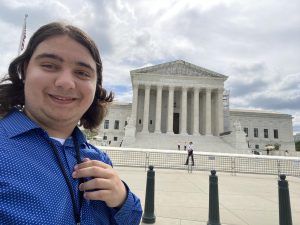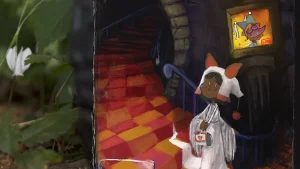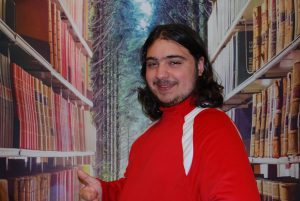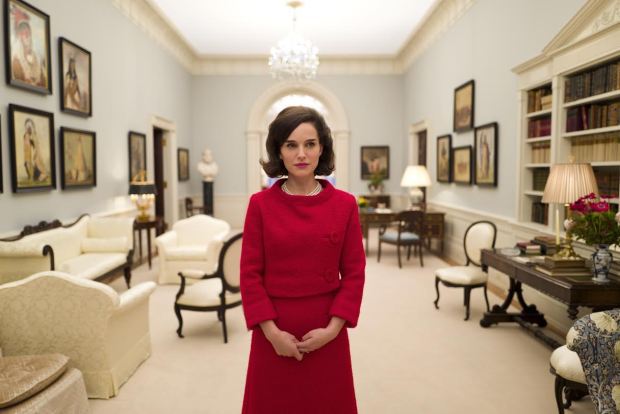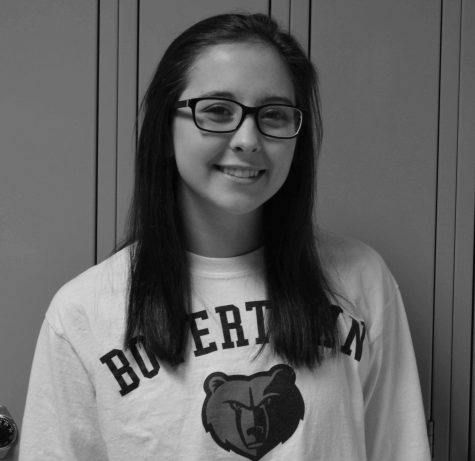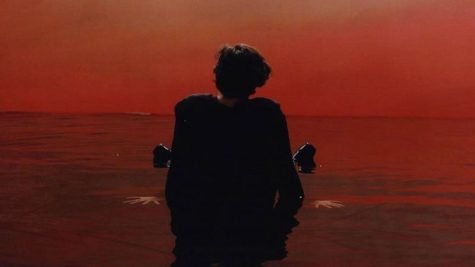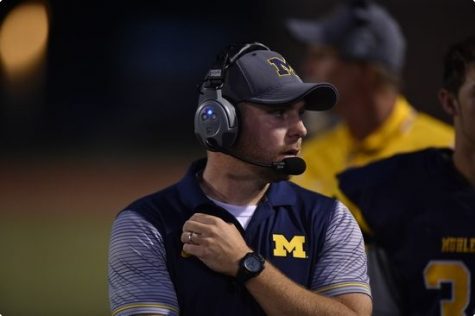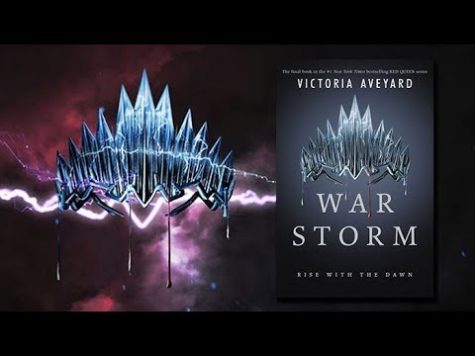Jackie
Do we really need another JFK movie? Especially one about his assassination? I mean, really. Don’t get me wrong, it’s not that it isn’t interesting. Just the opposite, I think it’s fascinating. And apparently, so does everyone else in Hollywood. We’ve got a million movies about him and his assassination, most famously Oliver Stone’s JFK. The history is well known, the story is well worn. Another movie dealing with it would be pointless.
Which is why Jackie feels so incredible. It does cover a story we all know, but still comes off as fresh. And for one simple reason: it’s told from Jackie Kennedy’s perspective. This feels like a no-brainer. How has it taken us until 2016 to realize this? Well, regardless how, it still feels like a mini-miracle it turned out this good.
Part of its success is its framing device. Similar to how Lincoln was just centered around Lincoln trying to pass the 13th Amendment, rather than try to cover her entire life or even her entire time in office, screenwriter Noah Oppenheim decides to focus the movie around only a few crucial days in her life. It begins in 1963 with Theodore H. White (Billy Crudup) coming over to Jackie’s home in Hyannis Port, Massachusetts to interview her for LIFE magazine. More specifically, he was there to talk about her husband’s (very recent) assassination. From there we jump between Jackie’s very famous broadcast of her white house tour, and the three days following November 23rd, 1963.
Its scale may be small, but it benefits from that. It has a very intimate feel, to the point where you really feel you knew Jackie in those few days. Part of this has to do with the script. But I would be lying if I didn’t say a major reason for this was because of Natalie Portman’s performance. Portman has proven by now she is by all means a very talented actress, but this is a whole new level for her. I think this well may be her best performance ever, and that’s even considering her Oscar winner performance in Black Swan. Everything she does in Jackie is perfect. She nails the accent so impeccably you get lost in the character and performance. In any given scene, you can just take one look at her face and tell what emotion she’s feeling. For example: the opening shot is a close up of her walking in a field alone. The shot last for only a couple of seconds, yet in that time you can feel the immense amount of grief this woman is carrying with her. You can see the pain she feels and is trying to hold back. Even before the “Hyannis Port, Massachusetts-1963” title card pops up, you already know when and where you are in her life, and that’s all just from her face.
For none of its 100 minute run time did I think I was watching Natalie Portman play Jackie Kennedy. I was watching Jackie Kennedy. That’s about the highest praise I can give a performance.
But she’s not alone. Greta Gerwig, John Carroll Lynch, and two of my favorite actors (Richard E. Grant and John Hurt) round out the rest of the cast. However, the performance I was most looking forward to (aside from Portman’s) was Peter Sarsgaard as Robert Kennedy. For a while I’ve been convinced Sarsgaard was an underrated and underutilized actor, and Jackie helps show what he can do when given a good role. As John’s grieving and politically aspiring brother, Sarsgaard nails every scene he’s in, most of which he’s opposite of Portman. Jackie spends a good deal of time showing the complex relationship between the two of them, and that’s a good thing. Portman and Sarsgaard share great chemistry, and as morbid as this sounds, I could honestly watch the two of them talk about JFK’s funeral for hours.
To separate it from every other biopic, Jackie has a look and feel to it unlike most. Director Pablo Larraín shot most of Jackie with long takes, with several key dialogue scenes containing few edits and just lingering on actors faces. I don’t know for certain, but I suspect that Larraín filmed Jackie with 16mm film stock, because there’s an undeniable grainy look to every shot. It gives it an intentionally dated feel. Several times throughout the movie, scenes cut to famous stock footage of the events (like the Kennedy’s arriving at Dallas), and the grainy footage meshes so seamlessly with the stock footage it’s hard to tell sometimes if it really is stock footage or cleverly shot reenactments. And Mica Levi’s sharp violin score feels like it came out of some gothic horror film, giving the film a very cold feel to it.
This may all seem unconventional, and to be honest, it is. Good thing too. If it was conventional it wouldn’t have been the same. It would’ve been like any other movie about JFK’s tragic assassination. Instead it takes risks and tries a new way to tell its story. All of its risks work, making you feel for Jackie Kennedy like no other movie has. It adds up to make Jackie devastating and unforgettable.
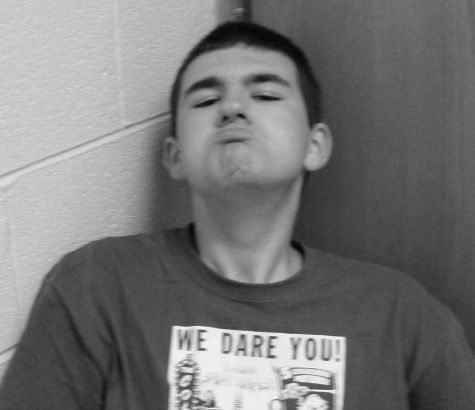
James Mason is a writer for Temple University. When not writing for the newspaper, he can be found at home reading badly, writing badly, viewing bad...
